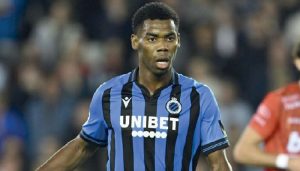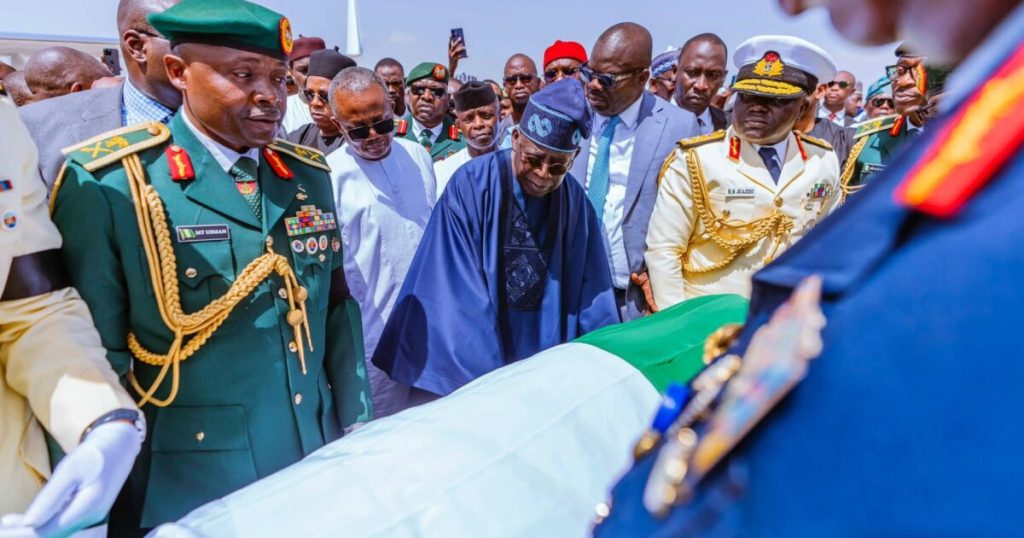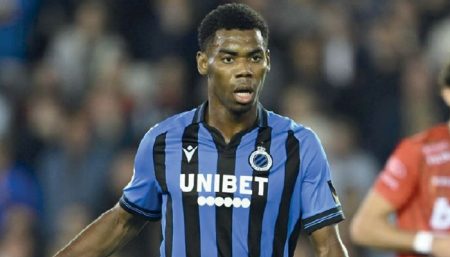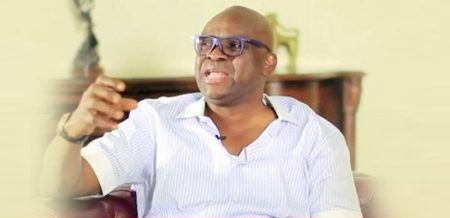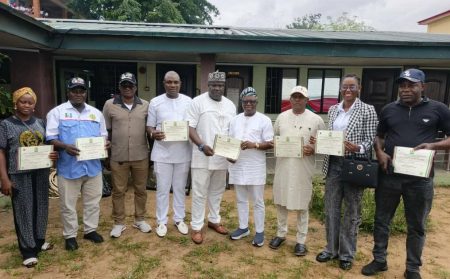The Final Farewell: A Nation Mourns the Passing of Muhammadu Buhari
Daura, the ancestral home of Nigeria’s former President Muhammadu Buhari, stood still on a somber Tuesday as thousands gathered to bid farewell to their beloved leader. President Bola Tinubu, alongside dignitaries from across Africa, including President Umaro Sissoco Embaló of Guinea-Bissau and Prime Minister Ali Lamine Zeine of Niger Republic, joined the mourning throngs to pay their last respects. The solemn occasion marked the culmination of a national period of mourning for a figure who left an indelible mark on Nigeria’s political landscape. Buhari’s remains, accompanied by Vice-President Kashim Shettima and Chief of Staff Femi Gbajabiamila, arrived earlier in the day aboard a Nigerian Air Force flight, touching down at the Umaru Musa Yar’adua International Airport. President Tinubu, Governor Dikko Radda of Katsina State, National Security Adviser Nuhu Ribadu, and other prominent figures received the casket, initiating a ceremonial procession that reflected the reverence held for the departed leader. A farewell parade, a fitting tribute to the former Commander-in-Chief of the Armed Forces, preceded the journey to Daura, where the final rites would unfold.
The heart of Daura became the epicenter of grief as the funeral prayer commenced at the Daura Helipad, led by Imam Hassan Yusuf. The gathering represented a cross-section of Nigerian society, a testament to Buhari’s far-reaching influence. Former Nigerien President Mahamadou Issoufou and former Vice-President Atiku Abubakar stood among the mourners, joined by members of the National Assembly, traditional leaders like the Emir of Daura, Alhaji Umar Faruk-Umar, and prominent figures from the business world, such as Alhaji Aliko Dangote and Alhaji Dahiru Barau Mangal. The solemnity of the occasion was palpable as prayers were offered for the departed soul. Following the prayer, the procession moved to Buhari’s personal residence, his final resting place. The intimate setting, away from the public gaze, allowed family and close associates to bid their final goodbyes in a more private and personal manner.
The funeral drew thousands, initially restricted but later granted access, underscoring the widespread desire to participate in honoring Buhari. Their presence served as a testament to the impact he had on their lives and the nation as a whole. Those gathered shared anecdotes and reflections, painting a portrait of a leader known for his unwavering integrity, honesty, and discipline. Salisu Lawal, a Daura resident, remembered Buhari’s connection to the people, his willingness to engage with them and offer support. This sentiment was echoed by Aliyu Nasiru, who described Buhari’s death as an irreplaceable loss for the family, the state, and the entire nation. He emphasized the vacuum left by Buhari’s passing, acknowledging the difficulty of finding a leader with similar virtues. The prevailing sentiment was one of gratitude for Buhari’s leadership and a prayer for his eternal peace in Al-Jannah Firdaus.
Buhari’s legacy, woven through the testimonies of those who knew him, extended beyond his political career. He was remembered as a man rooted in his community, a leader who maintained a strong connection to his people despite the demands of his office. His commitment to Daura and its residents was a constant thread in his life, a testament to his humility and genuine concern for the well-being of his fellow citizens. This connection to his roots resonated deeply with the people of Daura, who viewed him not just as a former President but as one of their own, a figure who never forgot where he came from.
The outpouring of grief and the widespread attendance at the funeral underscored the impact Buhari had on Nigeria. He was a figure who evoked strong opinions, but even his detractors acknowledged his unwavering commitment to his principles. His presidency was marked by challenges, but his supporters admired his steadfastness in the face of adversity and his unwavering dedication to what he believed was right. He was a leader who inspired both admiration and criticism, a testament to his complex and often contradictory nature.
The funeral of Muhammadu Buhari served as a moment of reflection for Nigeria. It was a time to look back on his life and legacy, to acknowledge his contributions to the nation, and to consider the path forward. His passing marked the end of an era, a transition that called for unity and a renewed commitment to the values he espoused. As Nigeria navigated this period of change, the memory of Buhari, the man from Daura who rose to become President, would undoubtedly continue to shape the nation’s political discourse and inspire future generations of leaders.



